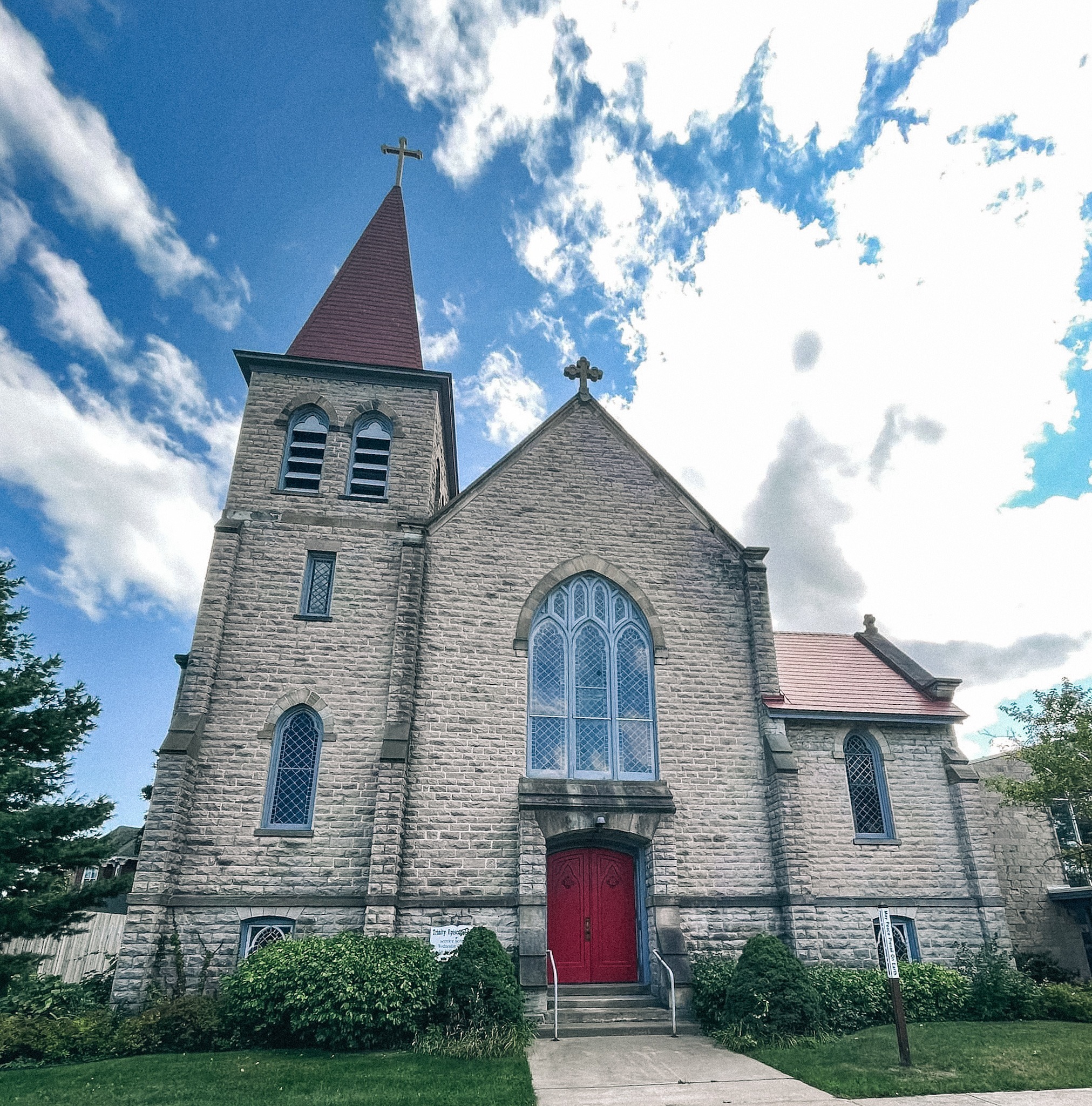The Strong Churches Playbook Part A
And a brief “disclaimer” of sorts: In recent years, many Christian Reformed congregations have faced decline—some closing their doors, others merging, and many struggling to retain younger generations. It’s a difficult reality, and one that weighs heavily on those of us who love our churches and want to see them thrive.
Whenever I talk about these challenges, I often get asked: “Well, what do you think we should do?”
I don’t claim to have all the answers. But I do have some thoughts—things that, in my view, might help local congregations regain their footing, reconnect with their communities, and rebuild for the future. These aren’t blueprints or mandates, just ideas for discussion.
To that end, I’ve put together a few playbooks—simple, practical strategies that churches might find useful as they consider their own paths forward.
A Guide for Local Congregations
Rebuilding Confessionally Faithful, Spiritually Vibrant, and Deeply Connected Church Communities
Introduction: The Church as a Steward of God’s Kingdom
A healthy church is a steward of God’s gifts—spiritually, relationally, and materially. Strong churches do not simply exist; they build, preserve, and pass down the faith, ensuring that future generations inherit a thriving, Christ-centered community. Stewardship applies not only to financial giving but also to the care of doctrine, people, place, and vocation.
Spiritual Stewardship—Reclaiming Formation & Worship
A church that does not faithfully steward its spiritual heritage will not endure. We must return to intentional catechesis, biblical preaching, and deep discipleship.
- Catechism for All Ages: Churches must reclaim Heidelberg and Belgic Confession instruction—not just for children but for adults discovering the Reformed tradition.
- Spiritual Disciplines as Stewardship: Just as we steward material goods, we must steward our souls through prayer, fasting, Scripture study, and Sabbath-keeping.
- Countercultural Worship & Identity: Strong churches resist cultural drift by preserving historic, biblically faithful worship and resisting the temptation to mimic entertainment culture.
Stewardship of the Church Community—Building Covenant Life
A well-stewarded church fosters multi-generational relationships and provides tangible support for young families, single members, and the elderly.
- Intentional Discipleship: Older, spiritually mature members should mentor younger believers, passing down wisdom and guiding them in their faith journey.
- Men’s & Women’s Discipleship Groups: Encourage Men’s Bible Studies, Women’s Bible Studies, and mentorship circles, fostering deep relationships rooted in Scripture.
- Family Integration: Churches should not separate members into endless demographic-based ministries, but instead cultivate whole-church fellowship where families, singles, and elders interact naturally.
- Living Counterculturally Together: Stewardship extends to time and relationships—hosting harvest dinners, reviving Christmas pageants, and encouraging skills like home-based industries and handcrafts.
Stewarding Place—Preserving the Local Church’s Presence
The physical church building is not just a space—it is a symbol of the church’s enduring witness. Meeting in strip malls and rented spaces erodes the church’s historical presence in a community.
- Saving Historic Church Buildings: Churches should engage local preservation efforts to protect historic sanctuaries from demolition or secular repurposing.
- Using Church Buildings Wisely: Stewardship means making church spaces useful throughout the week—for Christian schools, community meals, local markets, and theological training.
- Resisting Transience: Rootedness in place combats the modern tendency toward uprooted, disconnected living. A well-stewarded church invests in its town, its people, and its long-term presence.
Christian Economics—Stewarding Work & Resources
One of the greatest failures of modern churches is neglecting the stewardship of vocation and economic life. The church must equip its people to work diligently, build generational wealth, and invest in kingdom-minded commerce.
1. Vocational Stewardship: Raising Up the Next Generation
- Establish mentorship and apprenticeship programs to train young Christians in both faith and work.
- Help young members see their vocations as a calling—whether in trades, business, homemaking, or academia.
- Emphasize contentment and wise stewardship over debt-fueled careerism.
2. Economic Stewardship: Supporting Christian Work & Business
- Encourage church business directories to foster economic cooperation.
- Promote Christian patronage, ensuring that members support faithful local businesses rather than anti-Christian corporations.
- Develop alternative economic structures, such as cooperative ventures and micro-loans, to help young families get established.
Stewarding the Next Generation—Education & Post-Secondary Formation
- Support Christian Halls as an alternative to secular universities, allowing young adults to receive a rigorous education while staying rooted in a local church.
- Offer adult theological education for new converts and those coming from non-Reformed backgrounds.
- Encourage young families to settle near the church—emphasizing covenantal community over career ambition.
Strong Churches Build for the Future
A well-stewarded church does not simply respond to decline—it plants seeds for growth, ensuring that the faith is preserved and strengthened for generations. By faithfully stewarding spiritual formation, community life, local presence, economic practice, and education, we can build churches that are resilient, countercultural, and deeply connected—places of refuge and renewal for all who seek Christ.
Now, you may say, “That’s all very well and good, but how do you put theory into practice. Well, come follow along as I delve more deeply into exactly that, over at Letters from a Country Mouse, on Substack.







